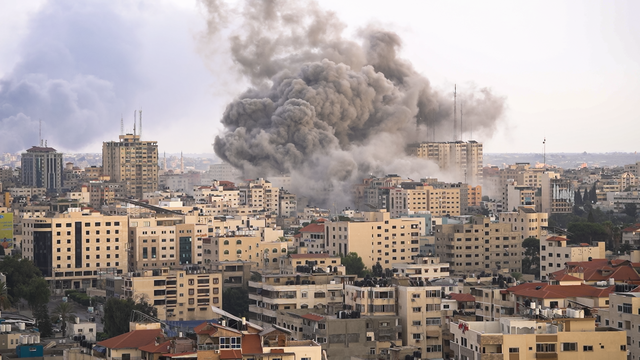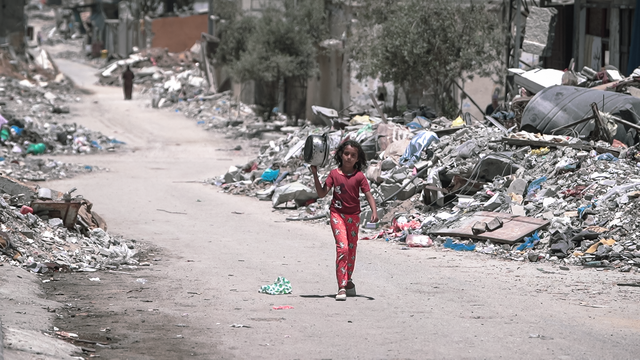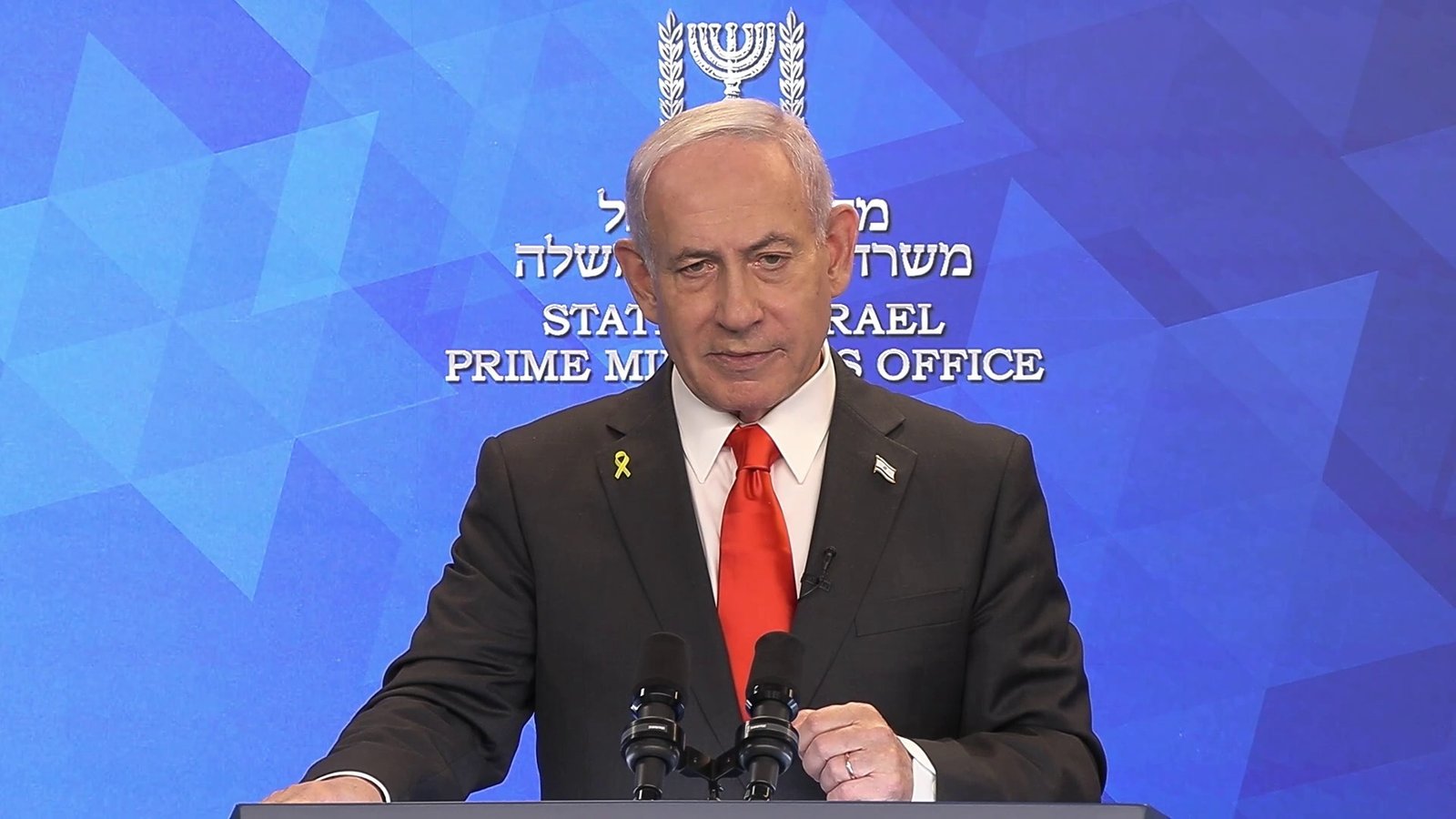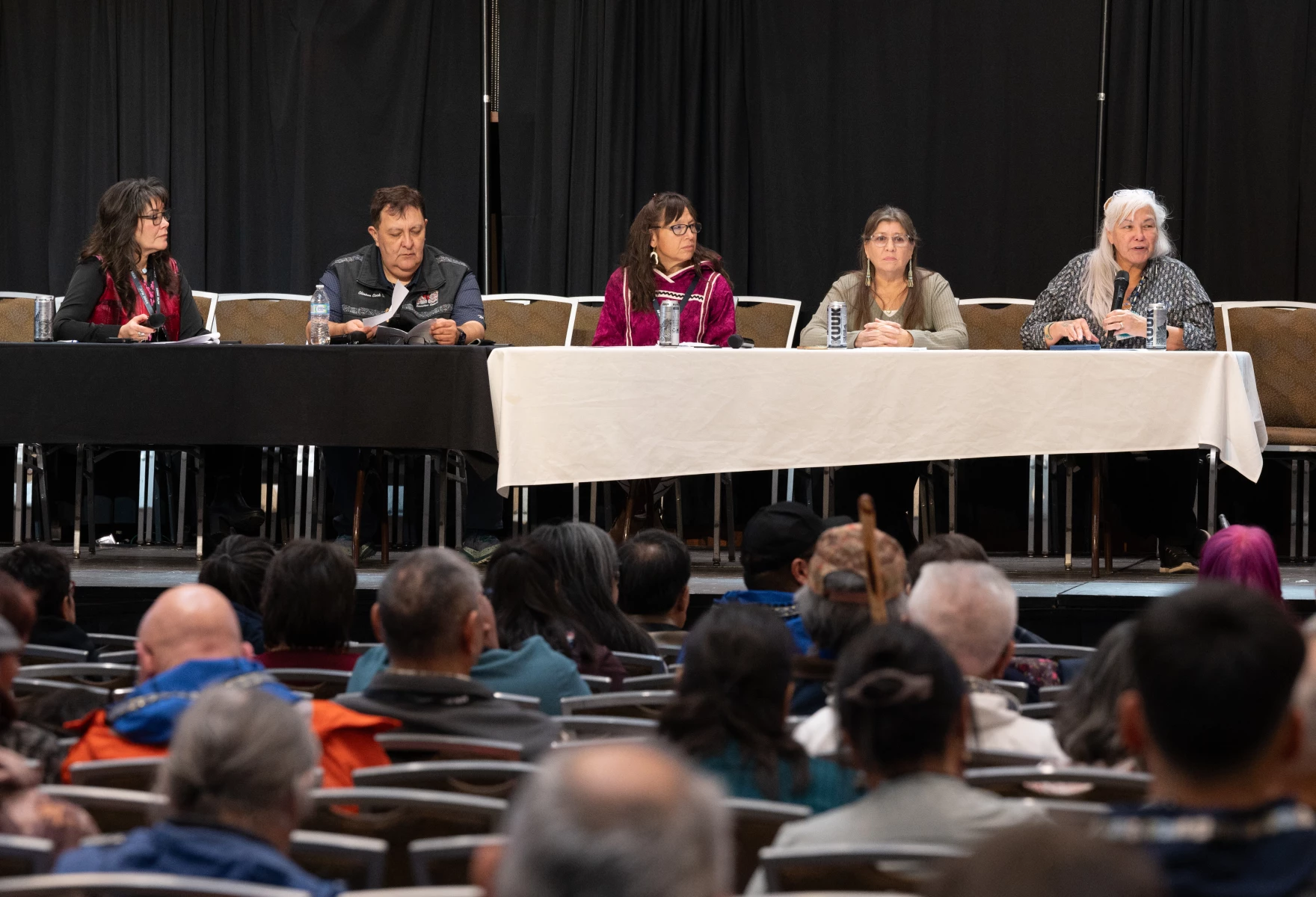Israel has announced a pause in its military operations in Gaza City, shifting from full offensive action to a defensive posture as negotiations advance over a potential comprehensive hostage release and phased withdrawal plan. The move follows weeks of heavy bombardment and growing diplomatic pressure to halt fighting and secure a humanitarian breakthrough.

In a national address posted to Facebook, Prime Minister Benjamin Netanyahu framed the pause not as a concession, but as the result of Israel’s unrelenting pressure campaign on Hamas.
“What brought about the change in Hamas’s position is solely the military and diplomatic pressure we have exerted,” Netanyahu said, emphasizing that the current deal is a direct outcome of Israel’s strength and persistence rather than compromise.
Netanyahu told Israelis the country stands “on the verge of a very great achievement,” suggesting that all hostages, both living and deceased, could be returned during the Jewish holiday of Sukkot. He credited the coordinated efforts of Israel’s military, government, and U.S. allies, particularly former President Donald Trump, for helping to isolate Hamas diplomatically while tightening Israel’s military grip inside Gaza.
The Prime Minister said Israel’s campaign in Gaza City, coupled with a U.S.-backed diplomatic plan, “instantly flipped the script,” leaving Hamas cornered and agreeing to Israel’s terms. He described the plan as unfolding in two stages: first, the release of all remaining hostages while Israeli Defense Forces (IDF) maintain control deep inside the Strip; and second, the disarmament and demilitarization of Hamas … by diplomacy if possible, or by force if necessary.
“Either it will be achieved the easy way, or it will be achieved the hard way – but it will be achieved,” Netanyahu warned.
Despite the announcement of a halt in Gaza City operations, Israeli airstrikes continued in southern Gaza, including Khan Younis and Rafah, where civilian casualties were reported. The humanitarian toll remains catastrophic, with much of Gaza reduced to ruins, widespread displacement, and dire shortages of food, water, and medical aid.

Hamas has tentatively accepted parts of the 20-point peace proposal brokered by Trump’s team, including the hostage release and partial Israeli withdrawal. But disarmament and the long-term governance of Gaza remain unresolved. Negotiations led by Israeli Minister Ron Dermer are expected to resume in Egypt, joined by U.S. and Qatari envoys seeking to finalize the technical details of the deal.
Netanyahu also claimed that Israel’s broader campaign has reshaped the regional balance of power, boasting that it had “broken the Iranian axis of evil” and neutralized threats from Hamas, Hezbollah, and Iran’s nuclear infrastructure—claims that international analysts have yet to independently verify.
For Netanyahu, the statement served both as a declaration of progress and a reaffirmation of resolve. The Prime Minister portrayed Israel’s position as stronger than ever, guided by divine purpose and backed by unwavering national unity.
As the Sukkot holiday continues, Israel’s leaders are working to convert this moment into a diplomatic and moral victory, but with Netanyahu’s words echoing through the region, it’s clear that the war’s end remains conditional, and the peace ahead, uncertain.




